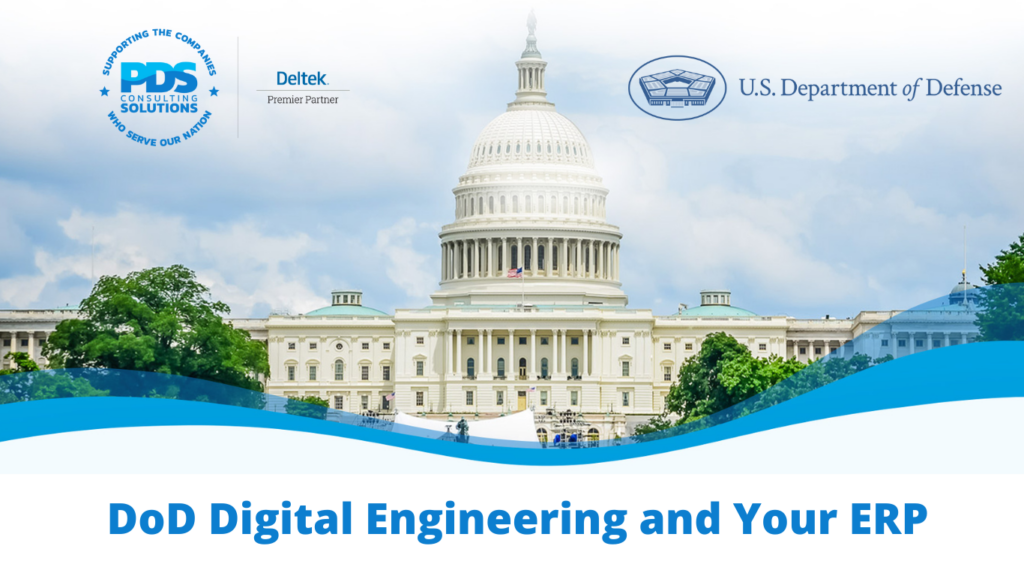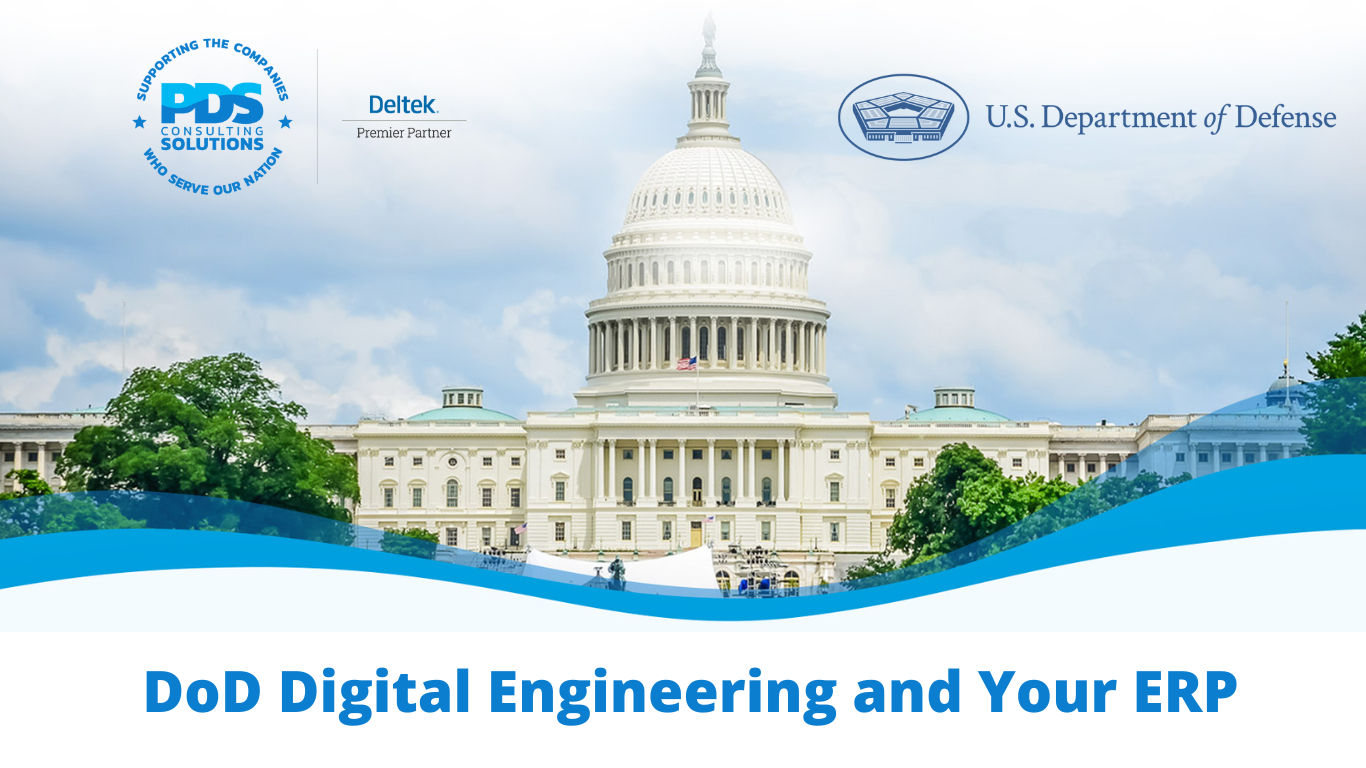
The Department of Defense Instruction (DoDI) 5000.97 establishes a comprehensive framework for integrating digital engineering methodologies, technologies, and practices throughout the lifecycle of defense acquisition programs. This directive, grounded in the authority of DoD Directive 5137.02, outlines policies, assigns responsibilities, and provides procedures to ensure the effective implementation and use of digital engineering in developing and sustaining defense systems.
Digital engineering involves the use and integration of digital models and relevant underlying data to support system development, testing, and sustainment. Digital engineering is critical for addressing global challenges, managing complexity, evolving technologies, and extending the longevity of systems. The benefits of digital engineering include enhanced decision-making, accelerated delivery of capabilities, and support for data-driven decisions. Digital engineering also offers considerable benefits for retaining skilled (and difficult to find) labor as well as providing for standard processes which allow for labor to be more efficiently utilized in a diverse manufacturing environment.
In acquisition strategies, digital engineering must be addressed comprehensively, detailing its usage throughout the system lifecycle and the expected benefits. Certain programs must include a digital engineering implementation plan in their systems engineering plan, as specified in DoDI 5000.88. Planning and financial resources are essential for implementing digital methods such as model-based systems engineering (MBSE), product lifecycle management, and computer-aided design (CAD).
New programs, pursuant to DoD directives, are required to incorporate digital engineering unless an exception is granted. The Under Secretary of Defense for Research and Engineering (USD(R&E)) is responsible for establishing policies, advancing practices, and developing workforce skills related to digital engineering. This role includes overseeing implementation in activities such as testing, engineering, software development, and system security, coordinating with DoD components, and leading efforts to define digital engineering data standards.
The Director of the DoD Test Resource Management Center (TRMC) is tasked with developing and maintaining DoD-wide digital engineering infrastructure, methodologies, and practices, and supporting distributed developmental testing capabilities. The Under Secretary of Defense for Acquisition and Sustainment oversees DoD intellectual property policy for digital engineering, leads adaptive acquisition framework pathways, and supports workforce training in digital engineering.
The Director of Operational Test and Evaluation develops practices for using digital engineering to meet testing objectives. The DoD Chief Information Officer (CIO) guides digital modernization and supports digital engineering for IT-based systems, providing risk management framework guidance. The Chief Digital and Artificial Intelligence Officer leads strategy and policy for data, analytics, and AI, facilitating data sharing and AI adoption. Heads of DoD Components with acquisition authority are responsible for implementing digital engineering procedures, supporting policy development, enhancing workforce competency, designating focal points for digital engineering activities, and guiding program incorporation of digital engineering practices.
The digital engineering capability must be accessible to all relevant DoD personnel and connect the phases of the acquisition lifecycle, supporting the development, verification, validation, and maintenance of digital models. This capability includes secure DevSecOps and test infrastructure, operating within a secure ecosystem using advanced data security methods and complying with privacy requirements. The digital engineering ecosystem comprises the necessary infrastructure and architecture to support automated approaches for system activities, including hardware, software, networks, tools, and workforce. Collaboration among stakeholders is crucial for developing models, simulations, and analyses.
Programs are encouraged to utilize existing DoD or Military Service-level digital engineering resources to the maximum extent possible before investing in new capabilities. The DoD TRMC provides core digital engineering infrastructure through initiatives like the Joint Mission Environment Test Capability and the National Cyber Range Complex (NCRC), which support various phases of the system lifecycle with high-fidelity, realistic cyber environments.
Maintaining digital models and authoritative data sources involves identifying and maintaining model-centric baselines, integrating technical data, and associated digital artifacts throughout the system lifecycle. Programs should use standard modeling representations, methods, and data structures to maximize interoperability. Digital models must be updated and maintained with real-world data, ensuring accuracy and utility for stakeholders. Verification, validation, and accreditation of digital models and simulations are required to ensure their reliability for decision-making and operational use.
How does generic ERP help you meet these new requirements for your digital engineering objectives?
Streamlined Data Integration: An ERP system should seamlessly integrate with digital engineering platforms, facilitating the smooth flow of data across various departments. This integration ensures that accurate and up-to-date information is accessible to engineers, enabling informed decision-making and efficient project management.
Enhanced Collaboration: By providing a centralized platform for communication and collaboration, an ERP system fosters teamwork among engineers, designers, and other stakeholders involved in digital engineering projects. Real-time access to project data, documents, and workflows promotes transparency and enables cross-functional collaboration, leading to faster problem-solving and innovation.
Agile Project Management: Ideally, your ERP solution offers robust project management capabilities tailored to the needs of digital engineering initiatives. From task allocation and scheduling to resource planning and budget tracking, the ERP system provides the tools needed to manage complex projects effectively. Agile methodologies can be seamlessly integrated, allowing teams to adapt to changing requirements and priorities swiftly.
Comprehensive Resource Planning: With features like resource allocation, capacity planning, and inventory management, your ERP system helps optimize resource utilization in digital engineering projects. Engineers can easily identify available resources, allocate them efficiently, and track their usage in real-time. This ensures that projects are adequately resourced, reducing delays and cost overruns. Resource Planning remains a pain point across industry and often requires an application outside of ERP.
Data Analytics for Continuous Improvement: Leveraging the wealth of data captured within the ERP system, the solution offers powerful analytics tools to support continuous improvement in digital engineering processes. By analyzing key performance indicators, trends, and metrics, engineers can identify areas for optimization, anticipate potential issues, and make data-driven decisions to enhance project outcomes and efficiency. The power of robust analytics, AI powered analysis and decision making is quickly becoming the new superpower of competitive advantage. While the R&D side of Aerospace & Defense manufacturing is truly cutting edge, many of the systems used to drive it remain disjointed, manual and brittle.
How does Deltek Costpointä provide more of what you need from your ERP to deliver the benefits of Digital Engineering to your customers and improve operational efficiencies?
Integrated Project Accounting: Costpoint seamlessly integrates project accounting capabilities with digital engineering workflows, allowing for accurate tracking of project costs, budgets, and revenue. This ensures financial transparency and compliance while providing insights into project profitability and resource utilization.
Lifecycle Management: Costpoint offers robust lifecycle management functionalities that support the entire digital engineering process, from conceptualization to design, development, and maintenance. Engineers can manage product configurations, revisions, and documentation within a single platform, streamlining collaboration and version control.
Resource Optimization: With advanced resource planning and scheduling features, Costpoint enables organizations to optimize resource allocation for digital engineering projects. Engineers can easily allocate personnel, equipment, and materials based on project requirements, availability, and skill sets, ensuring efficient resource utilization and project delivery.
Compliance and Risk Management: Costpoint incorporates comprehensive compliance and risk management capabilities tailored to the needs of digital engineering industries. From regulatory compliance to cybersecurity and intellectual property protection, the ERP systems help mitigate risks and ensure adherence to industry standards and regulations throughout the project lifecycle.
Analytics and Insights: Leveraging built-in analytics and reporting tools, Costpoint provides valuable insights into digital engineering performance metrics, project milestones, and key performance indicators (KPIs). Engineers can analyze project data in real-time, identify trends, and make data-driven decisions to optimize processes, improve project outcomes, and drive continuous improvement.
Digital Engineering is the new baseline for government contractors, and companies positioned to deliver against and exceed DoD expectations will gain considerable competitive advantage in the years to come. Costpoint is the only ERP built specifically for government contractors and is uniquely able to help you prepare for the new digital engineering future of the aerospace and defense manufacturing industry.


